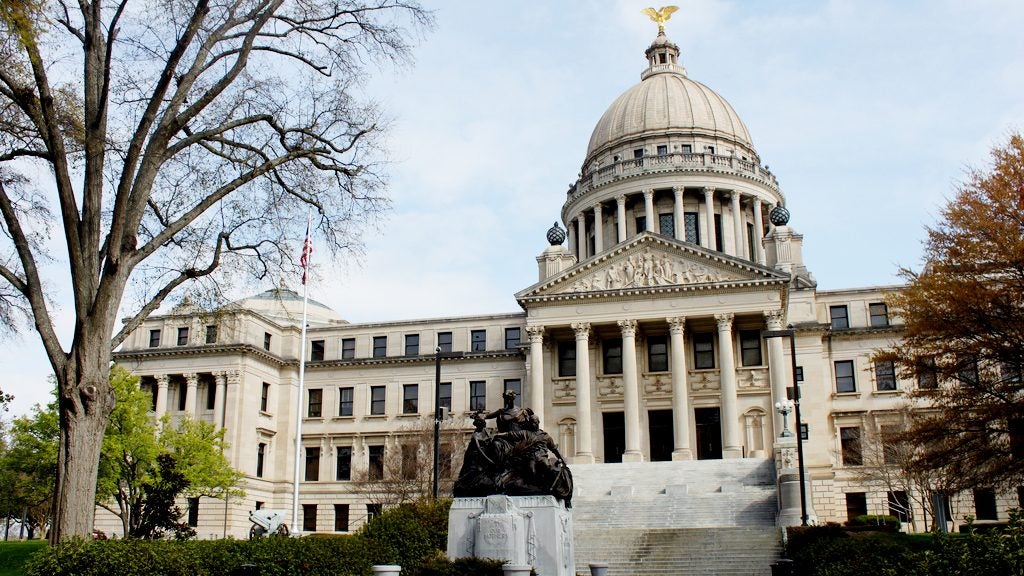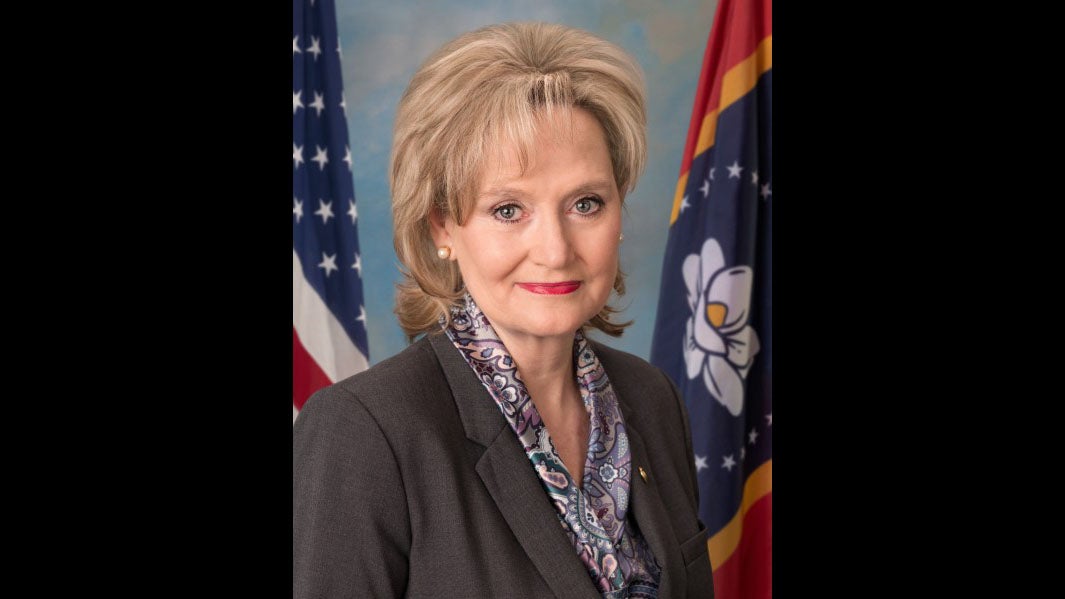Legislative bills: The living and the dead
Published 8:52 pm Wednesday, February 6, 2019

- Mississippi State Capitol
Tuesday’s legislative deadline left hundreds of bills to suffer the fate of so many before them — death by committee.
If a bill was not reported out of committee in the chamber in which it originated, it missed the cut. Only bills that made it out by close of business Tuesday remain alive.
Bills filed by area lawmakers that are still alive
Sen. Sally Doty’s SB 2524 would allow psychiatry students to participate in the Rural Physicians Scholarship Residency Program.
Doty’s SB 2525 would protect certain information held by rape crisis and domestic violence programs.
SB 2532 would amend state law to require employer notification to parents or guardians of minors who come in contact with a registered sex offender.
SB 2625 would clarify employee hiring procedures at Mississippi School of the Arts. It would also exempt the school from some state purchasing requirements.
Doty’s SB 2698 would create the Mississippi Veterans Honor Medal Program.
SB 2744 would force state law to conform to federal law when it comes to the Caller ID Anti-spoofing Act. It would also create a right of action for damages and injunctive relief.
SB 2752 would prescribe criminal penalties for voyeurism.
SB 2754 defines penalties for trespassing on or impeding operation of certain infrastructure facilities.
SB 2821 revises the Telephone Solicitation Act to include text messages and solicitations for charitable contributions.
Rep. Becky Currie’s mental health courts bill remains alive. Her bill that would fund the court system also remains alive.
Currie’s HB 763 would provide that a violation of the Caller ID Anti-spoofing Act is also a violation of the Telephone Solicitation Act.
HB 769 would reduce sales tax on the sale of motorcycles. HB 1589 would exempt motorcycles from ad valorem taxes while they are in possession of dealers as merchandise.
HB 1460 would allow medical directors to prescribe pain meds to terminally ill patients without making an in-person visit.
Rep. Vince Mangold’s bill to issue up to $500,000 in bonds to help development at Lake Okhissa remains alive. His bill to allow bulk feed trucks to apply for excess weight permits is also alive.
Other bills still alive
HB 1349 and SB 2770 propose $500 increases in teacher salaries for each of the next two years, for a total of $1,000.
HB 1352 would ease penalties on some Mississippians accused or convicted of crimes. It also would expand drug courts to handle people with mental illnesses and military veterans. And, it would stop automatic suspension of driver’s licenses for nonpayment of fines or for simple drug possession.
HB 732 and SB 2116 would ban abortion once a fetal heartbeat can be detected, which could be as early as six weeks.
HB 337 and SB 2901 would limit reasons that property owners could be sued for something that happens on their property.
HB 571 would prevent charges from being filed against trafficking victims who are younger than 18. The minor would be taken into protective custody and counseling would be provided. Foster parents would be trained to help trafficking victims.
SB 2847 would prohibit people younger than 18 from using tanning beds.
Bills that died Tuesday
House 1104 would have allowed police agencies to resume seizing property associated with drug arrests without a court judgment.
More than a dozen bills would have removed the Confederate battle emblem that has been on the Mississippi flag since 1894. Several other bills would have required universities or other public entities to display the flag.
SB 2242 would set a three-day deadline for voters to go to a courthouse to show photo identification if they forget ID at the polls. Current law allows five days.
SB 2806 attempted to resolve problems college students face while trying to cast absentee ballots for elections that could go to runoffs.
Several House bills would have allowed elections on the question of whether cities could annex targeted areas.
HB 1371 and SB 2358 would have legalized marijuana for medical purposes.
Several bills proposed setting a state minimum wage higher than the federal minimum of $7.25 an hour.
HB 1494 and SB 2163 would have expanded the existing hate crimes law by allowing prosecutors to seek tougher penalties to crimes targeting people because of sexual orientation, gender identity or disability. The current law allows enhanced penalties for crimes that target people because of their actual or perceived race, color, ancestry, ethnicity, religion, national origin or gender.
SB 2255 and SB 2398 would have allowed a philosophical or religious exemption for vaccinations that are required for children to attend school.
Several bills would have required equal pay for equal work done by women and men.
— The Associated Press contributed to this story.





